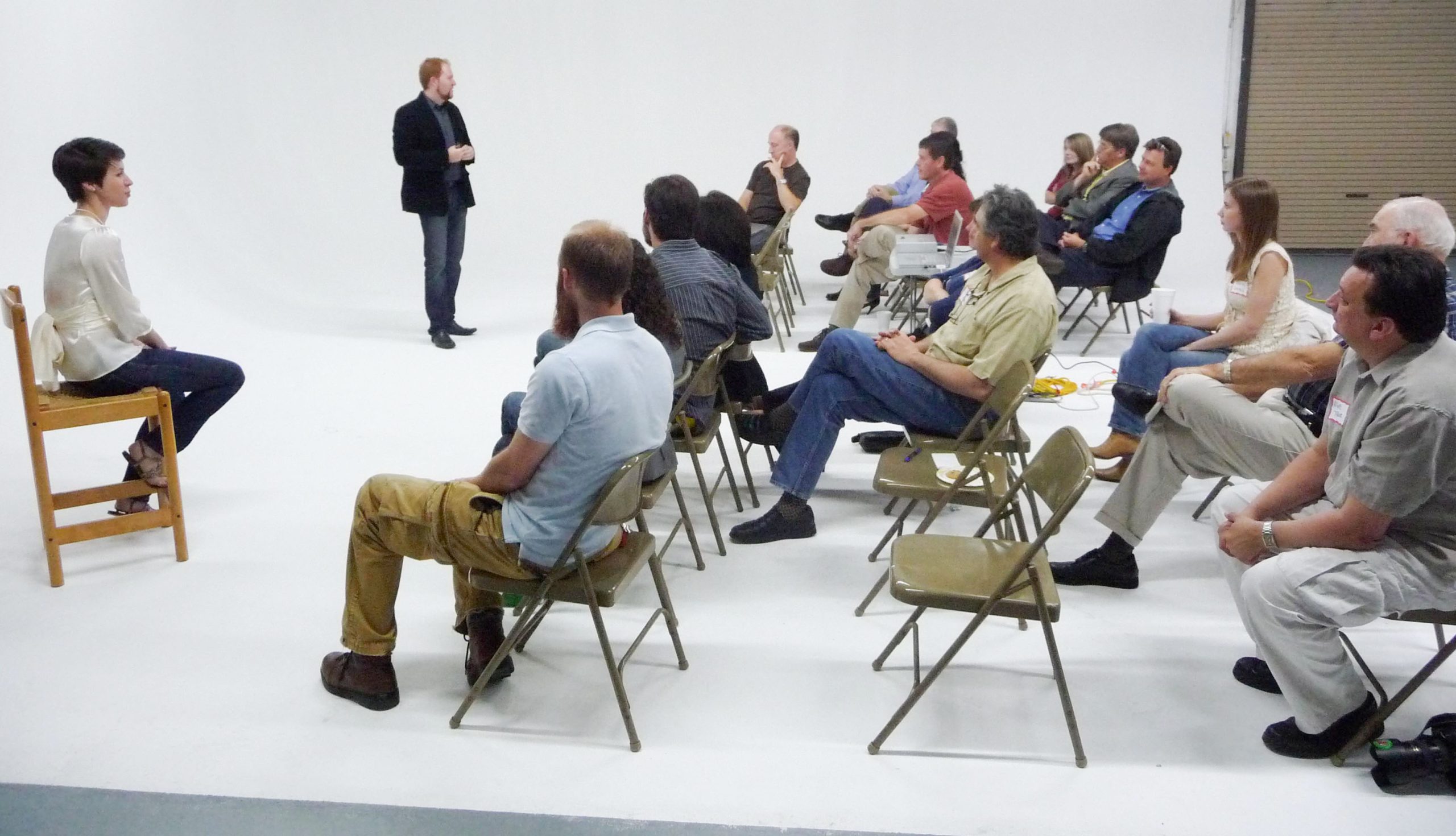Introduction:
Photography seminars and workshops have long been a staple in photography, offering enthusiasts, hobbyists, and professionals opportunities to improve their skills, learn new techniques, and network with fellow photographers. However, over the past few years, there has been a noticeable decline in the attendance of in-person photography events. In this blog post, we will explore some possible reasons behind this decline, discuss what photographers are doing instead, and examine the evolving landscape of photography events.
Reasons for Declining Attendance:
- Digital Resources: The rise of digital photography and the internet has made accessing information and tutorials online more accessible than ever. Websites, YouTube, and social media platforms are brimming with educational content, allowing photographers to learn and improve their skills from their homes. As a result, the need to attend in-person workshops for knowledge-sharing has diminished.
- Time Constraints: In today’s fast-paced world, people often find it challenging to allocate time for in-person events. Work, family commitments, and other personal responsibilities can make attending multi-day workshops or seminars difficult, leading to lower attendance rates.
- Financial Considerations: Many photography seminars and workshops can be expensive, particularly if they require travel, accommodation, and registration fees. In an era of economic uncertainty, some photographers hesitate to invest in such events, opting for more cost-effective ways to improve their skills.
- COVID-19 Pandemic: The global COVID-19 pandemic brought restrictions on gatherings, significantly impacting the ability to host in-person events. Even as restrictions have eased, some people remain cautious about attending large gatherings, further suppressing photography seminars and workshops attendance.
What Photographers Are Doing Instead:
While attendance at traditional in-person events may decline, photographers are not losing their passion for learning and improving. Instead, they are adapting to the changing landscape of photography education:
- Online Learning: As mentioned earlier, digital resources have become a go-to option for photographers. Many photographers consider online courses, webinars, and video tutorials to enhance their skills. Websites like CreativeLive, Skillshare, and YouTube are excellent platforms for learning from experts in the field.
- Photography Communities: Online photography communities and forums have become increasingly popular for networking, sharing experiences, and seeking advice. Photographers can connect with like-minded individuals, ask questions, and receive feedback on their work without leaving their homes.
- Mentorship Programs: Some photographers opt for mentorship programs where they can receive one-on-one guidance and feedback from experienced professionals. This personalized approach can be more effective for skill development and career growth.
- Hybrid Events: In response to the pandemic, some photography workshops have transitioned to hybrid formats, offering a mix of in-person and online components to cater to a wider audience.
The Evolving Landscape of In-Person Events:
The photography industry is not completely abandoning in-person events

